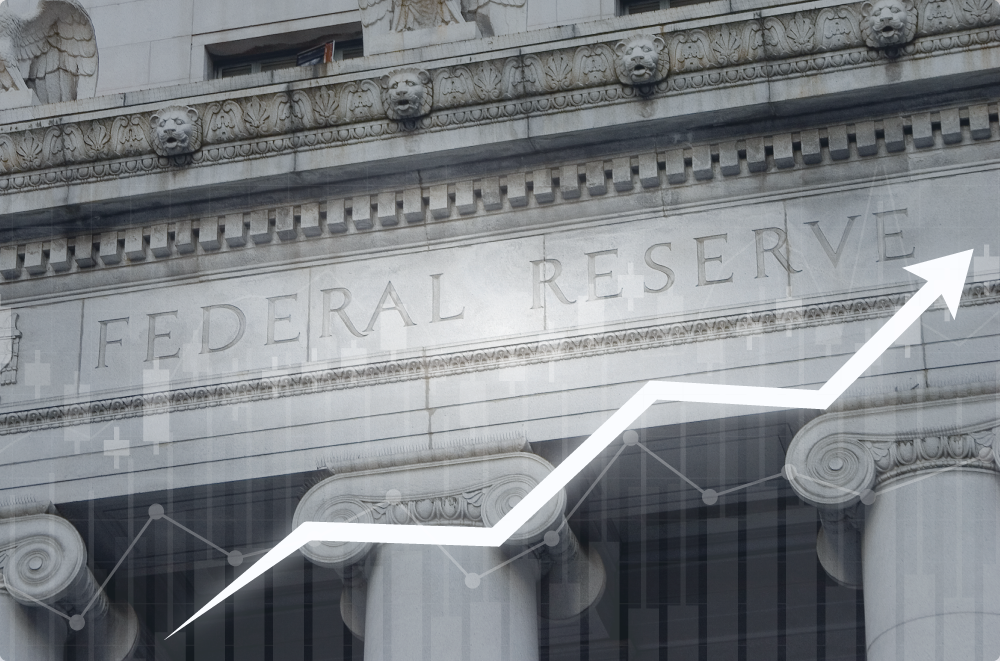
The Federal Reserve (Fed) plays a powerful role in shaping the economy, and its decisions can have a direct impact on your personal finances. One of the key ways the Fed influences the economy is by adjusting interest rates. But what does that mean for you?
Key Takeaways:
- The Fed’s interest rate changes directly impact borrowing costs for mortgages, car loans, and credit cards.
- Higher interest rates benefit savings with potential increases in deposit account earnings, though these changes tend to be slower.
- Lower interest rates make borrowing more affordable but can reduce interest earnings on savings accounts.
Interest Rates and Your Wallet
When the Fed raises interest rates, borrowing becomes more expensive. This means that rates for mortgages, car loans, and credit cards can climb, making it more costly to finance major purchases or carry a balance on your credit cards. On the flip side, savers may benefit from higher interest rates on deposit accounts, although these increases often happen more slowly than borrowing rate hikes.
When the Fed lowers rates, borrowing becomes cheaper, making it a good time to consider financing a new home, car, or other significant investments. This is also the time to consider refinancing an existing property. However, savers may see their interest earnings on savings accounts decrease as well.
The Stock Market Connection
The Fed’s rate decisions can also have an indirect effect on the stock market. For instance, when the Fed raises rates to combat inflation, it can slow economic growth. Investors may worry about reduced future profits, which can cause stock prices to drop in the short term. The Fed’s goal is to strike a balance—cooling inflation without stalling the economy. If done successfully, markets typically stabilize and can even grow.
Stay Informed and Plan Ahead
Understanding the Fed’s actions can help you make smarter decisions with your money. Staying informed allows you to anticipate changes and adjust your financial strategies accordingly. And when you're armed with knowledge, you'll be better positioned to manage your finances through economic shifts.
We're Here to Help
At Civista, we’re here to support you through these changes. Whether you're thinking about buying a home, saving for the future, or simply want to understand your everyday finances better, we're just a call or visit away.
To help you stay ahead, we also offer online learning modules designed to boost your financial knowledge. Visit the Civista Learning Vault for courses on topics like building an emergency savings fund, planning for retirement, buying a home, and more. Empower yourself with the knowledge you need to make informed financial decisions in any economic climate.
 Skip Navigation
Skip Navigation



.jpeg)




